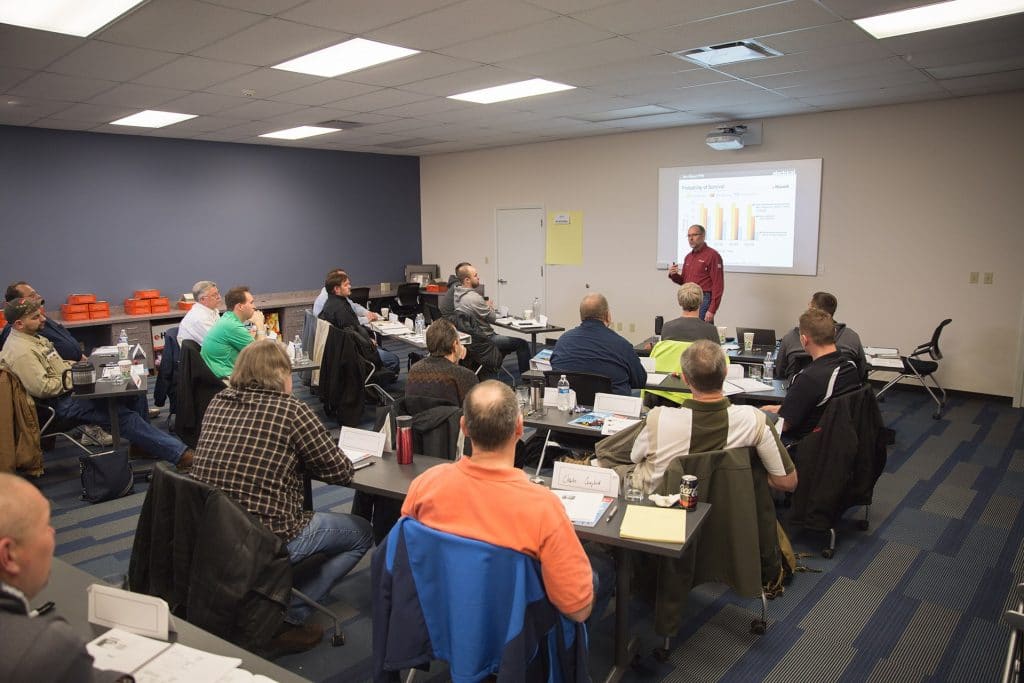e-Hazard’s Low Voltage Qualified Person 8-hour training course is making a difference in Hawaii!
Government and private sector employees went to Oahu and took the LV course to meet OSHA & NFPA 70E standards. Now they will be better able to help employers keep their employees safe around electrical equipment and while performing electrical work.
Used by NFPA 70E committee members, our electrical safety training provides a thorough knowledge of the dangers and recommended safe behaviors for those who work around electrical hazards daily.
This low voltage course goes beyond the theoretical to give attendees a complete understanding of regulations regarding electrical and arc flash safety and how to apply them in real-world situations. The course also details differences between the 2015 NFPA 70E standard and the 2012 version.
Our arc flash training is one of the most complete in the industry. We digest the information critical to the electrical worker and safety professional and put it in a concept-based, adult-learner-friendly format that makes it easy to understand, remember and apply.
Several classes are scheduled for 2015 all over the country. Our instructors are able to go to your site to provide training, or you can come to Louisville and attend a class in our new training room. Find a class near you or contact an e-Hazard scheduler to find a trainer or class near you. Thanks to SeaRay Beltran doing training in Hawaii.
Click here for NFPA 70E training in HI.
“Low Voltage Qualified Person” course on Oʻahu (March 2015) Glove Inspection slide, e-Hazard LV course (April 2015)


This is a very interesting article and there is still some confusion surrounding NFPE-70E out there. Some industries and companies still don’t get it. And take chances with their employee’s safety.